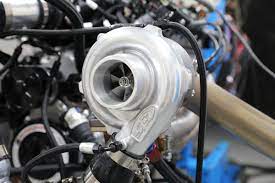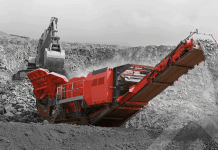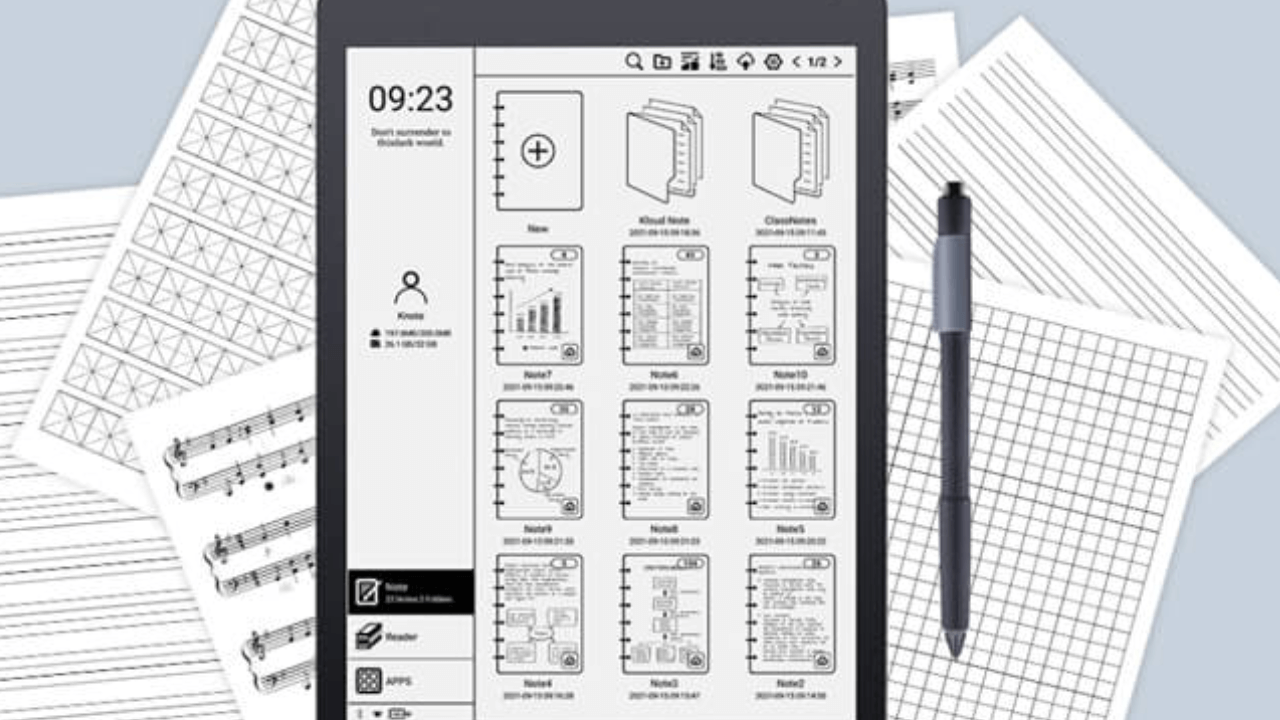Turbochargers are modern car components that very much contribute to the vehicle’s power and efficiency. They help produce more power whilst supporting better fuel consumption. If you have a turbocharged car and you think it isn’t working well, you probably have a failing turbocharger.
In this blog post, we will provide you with important signs and symptoms that your turbocharger needs replacement.
Why Changing Your Failing Turbocharger is Important?
The turbocharger is an essential component of any vehicle with a combustion engine. It works by compressing the air that goes into the engine, resulting in more power output per unit of fuel.
However, over time, turbochargers can begin to deteriorate or even fail altogether. If left unaddressed, a failing turbocharger can lead to a host of problems, including reduced power, decreased fuel efficiency, and potentially catastrophic engine damage.
It’s crucial to monitor the health of your turbocharger regularly and to address any issues promptly to ensure optimal vehicle performance and safety. In short, changing your failing turbocharger is not only important, but it’s also essential for the health and longevity of your vehicle.
Signs and Symptoms of a Failing Turbocharger
Decreased Vehicle Performance
One of the crucial symptoms of a failing turbocharger is a decrease in car performance. When the turbocharger fails, it will have difficulty in producing the required boost pressure, which in turn results in decreased performance. If you notice that your car is struggling to accelerate, it could mean that you are overdue for a turbocharger assembly replacement.
Exhaust Smoke
A failing turbocharger can produce different kinds of smoke from the exhaust system. Clouds of smoke can indicate that your vehicle is experiencing excessive burning of oil. If you see excessive smoke, there is a good chance that there is a problem with the turbocharger’s seals and bearings.
Unusual Noises
When you hear abnormal noises coming from your car, it’s likely that the turbocharger is having issues. If you keep on hearing high-pitched whistles or other strange sounds, it’s time to check on your turbocharger. These sounds are usually caused by damaged parts of the turbocharger, and a replacement is necessary.
Warning Lights
Most modern cars are designed with warning lights integrated into the dashboard. If the warning light of your vehicle illuminates, it’s a sign that something is wrong. Most turbocharger systems come with a warning light that illuminates when it detects an issue. If you see the light, do not ignore it. You must check the turbocharger and related components as soon as possible.
High-Pitched Siren Sound
One final sign of a failing turbocharger is a high-pitched siren sound. This sound is due to a leak in the turbocharger. It could be caused by bad seals or a broken turbine wheel. If you hear a high-pitched siren sound, take your vehicle in to be checked out by a professional mechanic.
Conclusion
Your vehicle’s turbocharger plays a significant role in improving your car’s performance, making it more powerful and more efficient. Therefore, it’s critical to maintain and regularly check on it to ensure it’s functioning correctly. If you notice any of the symptoms mentioned in this post, we urge you to visit a mechanic for a turbocharger replacement as quickly as possible. This way, you can prevent significant damages and costs down the road. Remember, if you maintain your turbocharger, it will keep your vehicle running smoothly for years to come.











